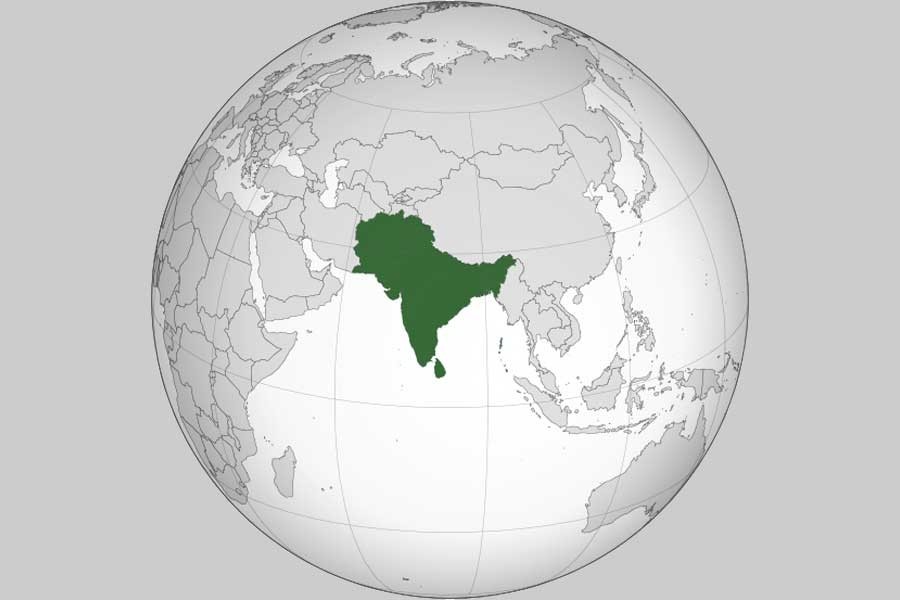Do sufficient homework to make trade policies suitable, economists suggest

Published :
Updated :

Economists at a function on Saturday stressed the need for doing sufficient homework to make the country's trade policies and strategies suitable for regional cooperation agreements.
Regional trade among the South Asian countries is only 5.0 per cent as compared to 25 per cent in (Association of Southeast Asian Nations) ASEAN countries and 50-60 per cent in European Union countries, they said.
The trade cost between Bangladesh and Nepal is higher than that of Bangladesh-Brazil, Professor Mustafizur Rahman, distinguished fellow of the Center for Policy Dialogue (CPD), pointed out at a book launching ceremony in the capital.
"ASEAN countries are bypassing us as we are not doing our homework to identify the barriers," he added.
Dr Selim Raihan, Executive Director of South Asian Network on Economic Modeling (SANEM), termed South Asia a less-integrated region and said, "Our internal policies and strategies are not favourable yet for regional cooperation agreements."
He also said that the exporters of Bangladesh were raising allegations of non-tariff barriers in India.
Dr Md Neyamul Islam, First Secretary of Customs wing under the National Board of Revenue (NBR), authored the book titled 'The Understanding of Free Trade Agreements" which was published by the University Press Limited.
Vice Chancellor of Dhaka University Md Akhrauzzaman was chief guest at the programme. International Trade Expert Nesar Ahmed, Director General of Department of Film and Publication under the Ministry of Information and Broadcasting S. M. Golam Kibria, Joint Secretary of the Ministry of Finance Md Abu Yousuf, among others, spoke at the programme.
Dr Mustafizur Rahman said the SAARC (South Asian Association for Regional Cooperation) and SAFTA (South Asian Free Trade Area) have dispute settlement clauses, but have never been used.
"We have to look at SAFTA and beyond. Now, the world is not limited to only SAARC countries," he said.
He also pointed out that the country could not utilise the Indian Line of Credit (LoC).
The economists laid emphasis on focusing on the Bangladesh-Bhutan-India-Nepal (BBIN) Motor Vehicle Agreement, BIMSTEC, and Comprehensive Economic Partnership Agreement (CEPA) to enhance regional trade.
Mr Nesar Ahmed said that the Free Trade Agreement (FTA) would not erode customs revenue collection as study proves that the overall trade volume would increase.
He said SAFTA has offered concessionary duty benefits for import of a number of products, so it should not be considered dead.
The DU VC has appreciated the theme of the book as it is a time-befitting one.
Mr Abu Yousuf said the preferential tariff may not continue after the country's graduation from the Least Developed Country (LDC) status in 2026.
"Traditional SAFTA would not work. CEPA and RCEP (Regional Comprehensive Economic Partnership) are new generation agreements that can be added to this book as another chapter," he added.
doulot_akter@yahoo.com


 For all latest news, follow The Financial Express Google News channel.
For all latest news, follow The Financial Express Google News channel.